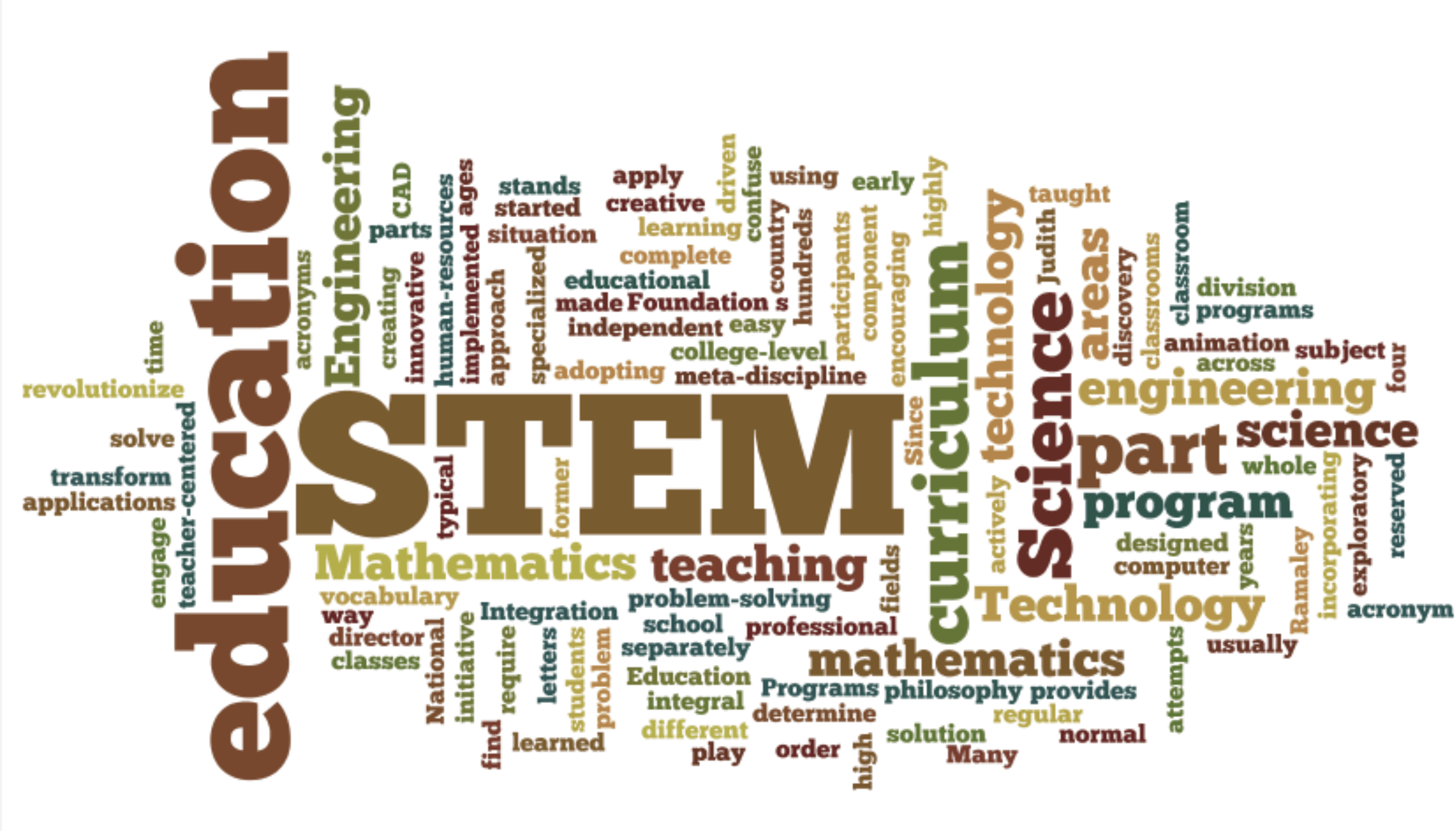Timeline Tales
Exploring the stories that shape our world, one timeline at a time.
STEM Education: The Secret Recipe for Future Innovators
Unlock the secret to nurturing future innovators with STEM education! Discover tips, insights, and inspiration for today’s young minds.
How STEM Education Drives Innovation: Unpacking the Secret Recipe
STEM education is often heralded as the cornerstone of future innovations, driving progress in various sectors from healthcare to technology. By firmly integrating science, technology, engineering, and mathematics into the educational curriculum, students are equipped with critical problem-solving skills and a mindset geared towards exploration. This approach not only enhances their analytical abilities but also fosters a collaborative spirit through hands-on learning and team-focused projects. According to a study published by the National Institutes of Health, real-world applications of STEM concepts encourage students to seek innovative solutions to pressing challenges, making them the innovators of tomorrow.
Moreover, as industries increasingly rely on STEM-focused professionals to drive advancements, the demand for such educational frameworks has surged. Incorporating interdisciplinary teaching methods and fostering environments where creativity meets technology can inspire students to think outside the box. Such exposure is crucial in a world where innovation hinges on cross-functional expertise and adaptable skill sets. The ripple effects of a strong STEM foundation extend beyond individual careers, as they culminate in groundbreaking inventions and solutions that ultimately reshape our society.

The Essential Skills Developed Through STEM Learning
STEM learning, which encompasses Science, Technology, Engineering, and Mathematics, fosters a variety of essential skills that are crucial in today's fast-paced world. One of the primary skills developed through STEM education is problem-solving. Students learn to analyze complex problems, break them down into manageable parts, and devise logical solutions. This ability to think critically and creatively enhances their capacity to tackle real-world challenges. According to a study by the National STEM Learning Centre, engaging in hands-on projects significantly improves students' innovative thinking and collaboration skills, which are vital in any career.
Another significant skill nurtured through STEM learning is communication. As students work on group projects, they learn to articulate their ideas, share responsibilities, and provide constructive feedback to their peers. This fosters not only teamwork but also the ability to convey complex information effectively. As professionals, these skills are particularly valuable; being able to present data clearly and collaborate with a diverse team can set individuals apart in the job market. The importance of strong communication skills in STEM fields is underscored by research from the London South Bank University, which highlights that employers prioritize candidates who can communicate complex concepts simply and effectively.
Is STEM Education the Key to Solving Future Global Challenges?
STEM education plays a pivotal role in addressing some of the most pressing global challenges we face today, from climate change to public health crises. As the world becomes increasingly complex, fostering a generation equipped with the skills of Science, Technology, Engineering, and Mathematics (STEM) is essential. According to a report by the World Economic Forum, investing in STEM education can drive innovation and economic growth, making it a crucial element of a sustainable future.
Moreover, the integration of STEM education into school curriculums encourages critical thinking and problem-solving skills. This approach not only prepares students for careers in high-demand fields but also empowers them to be proactive in solving the world's challenges. For instance, as highlighted by Edutopia, hands-on STEM projects can lead to innovative solutions for issues such as resource scarcity and health disparities, demonstrating the transformative power of this educational approach.